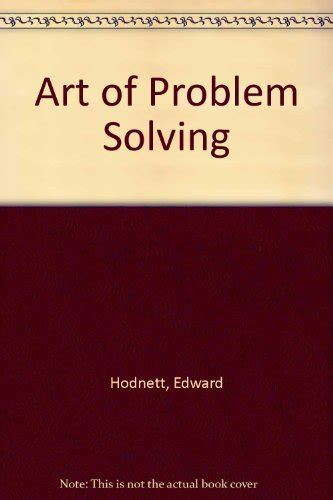A Quote by Plato
The right question is usually more important than the right answer.
Related Quotes
I always say people would rather be nice than right. I like to be nice too, but come on. People frequently ask me, what is my definition of politically correct. My answer is always the same: the elevation of sensitivity over truth. People would rather be nice than right, rather be sensitive than true. Well, being nice and sensitive are important, but they're not more important than being right; they're not more important than the truth.
The true test of liberty is the right to test it, the right to question it, the right to speak to my neighbors, to grab them by the shoulders and look into their eyes and ask, “Are we free?” I have thought that if we are free, the answer cannot hurt us. And if we are not free, must we not hear the answer?
When you're going to school primarily for career purposes, it's more important to focus on which program is best for you. In addition, your success at college depends far more on what you do at the college than at which college you do it: Choosing the right program, then the right advisor, the right courses, the right term papers, the right co-curricular activities, the right fieldwork, the right internships. You can make those choices at any college.
Wisdom is the ability to read between the lines, listen out for messages that the universe gives us. I've been taught that that is true knowledge and that is completely different to the way we are programmed to learn. We are trained to be able to put the right answer with the right question. We don't really have to know the answer.
The issue is not whether there are horrible cases where the penalty seems "right". The real question is whether we will ever design a capital system that reaches only the "right" cases, without dragging in the wrong cases, cases of innocence or cases where death is not proportionate punishment. Slowly, even reluctantly, I have realized the answer to that question is no- we will never get it right.








































